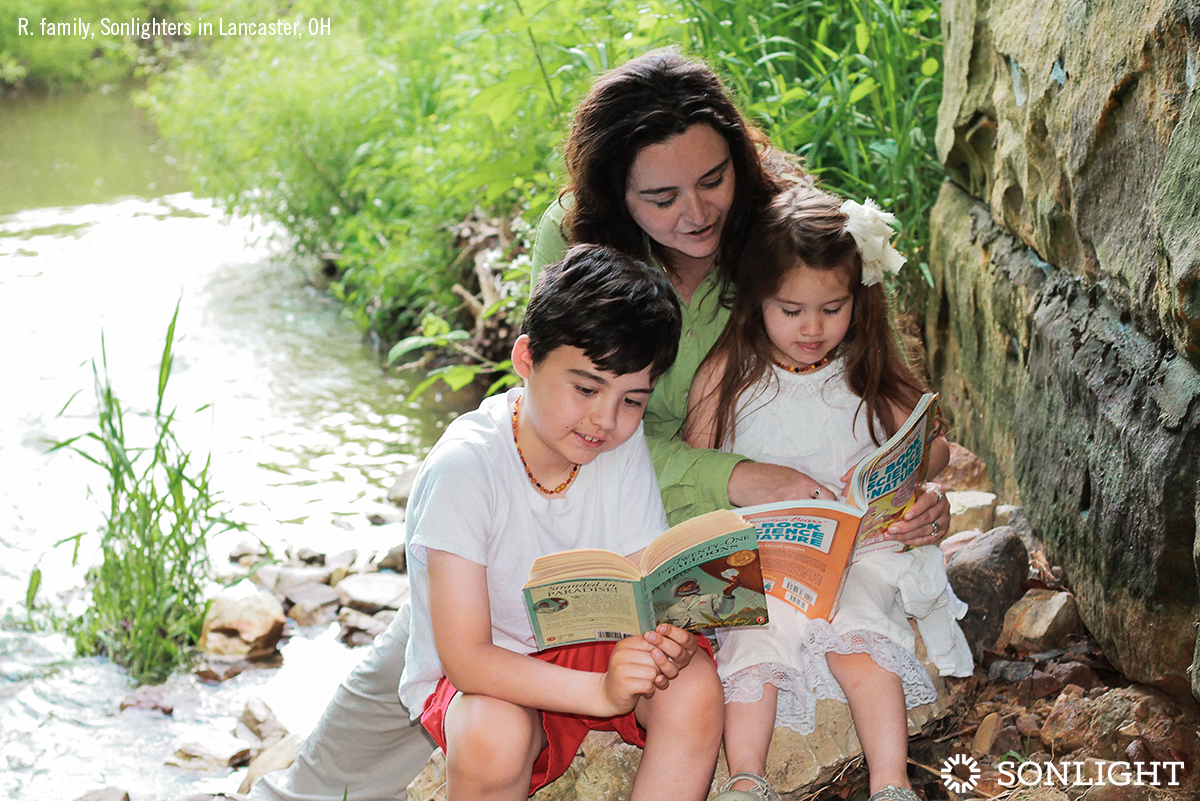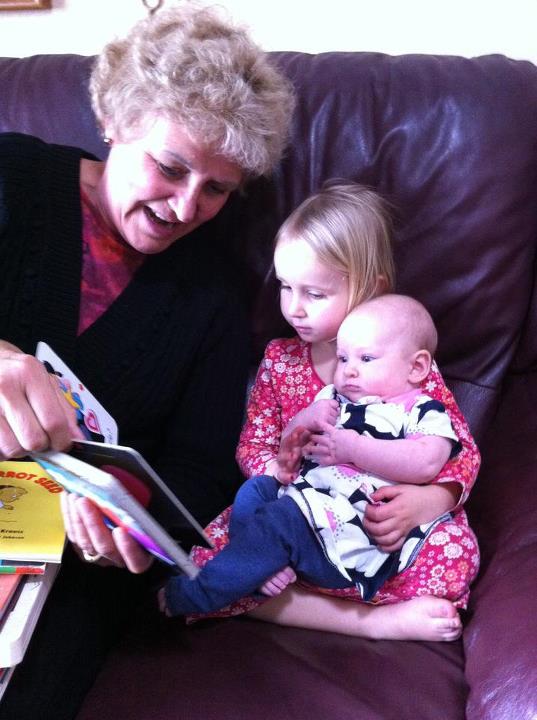Perhaps the Turing Google Doodle had already started my mind turning, but I was intrigued by the Wired blog post about a human-like Twitter bot. Long story short: The bot copies posts and randomly "follows" people on Twitter. A fair number follow back.1 In at least one case, the followers were actively concerned when the bot posted about something bad happening to them.
But do people actually like the bot? No. Not at all.
What the followers of the bot connect with are the people who originally wrote the tweets. There's nothing human about this bot (and it only passes the Turing Test as long as the posts of the humans it plagiarizes are consistent... because the posts are human, just copied and cataloged in a new space out of real social context). The bot looks for keywords in the works of others and reproduces them. Brilliant, to be sure, but it's still scamming and spamming. It's creating an historical fiction by analyzing and amassing keyword-related tweets.
This sparked a question in my mind: How close to reality does historical fiction need to be to move us?
Not much. The maxim that "history is written by the victors" is proof of this ...especially since people attribute the quote to Winston Churchill, who may have never said it. Textbooks, Wikipedia, and research tools of similar ilk are all susceptible to bias and missing data. In short, what you see in print presented as verified fact may, indeed, be nothing more than a slightly true fiction.
But this doesn't bother me. Rather than rely solely on predigested data and accounts, we can learn our history through a wide variety of perspectives through the genre of historical fiction. While the people and events may not be real, we can gain a very accurate perspective on the issues and situations of that time. Our discussion that follows allows us to further flesh out the ideas and challenge ourselves to act correctly now and in the future.
In other words: Excellent historical fiction helps us understand history.
But rather than rely on an algorithm to pull together human experiences, like the Twitter bot, authors of historical fiction utilize source materials and other accounts to ground their stories in reality. Thus, we get to connect on a human level while we wrestle with the bigger ideas and issues of life. This makes for a far superior learning experience, something people plagiarizing from Wikipedia can't emulate.
Have you ever been victim of a "social bot"? What historical fiction novel has taught you the most about history thus far?
~Luke Holzmann
Filmmaker, Writer, Empty Nester
1. While people decry the lesser-intelligence of those who choose to "follow" the bot, I think something else entirely is at play: The cultural social pressure of Twitter. I've read again and again that the "proper" thing to do on Twitter is to follow someone when they follow you. Feel free to follow me on Twitter, but don't expect reciprocation. I use the tool for a very specific purpose, and I don't feel too guilty for bucking the social trend. Others, clearly, are not so free-spirited.









